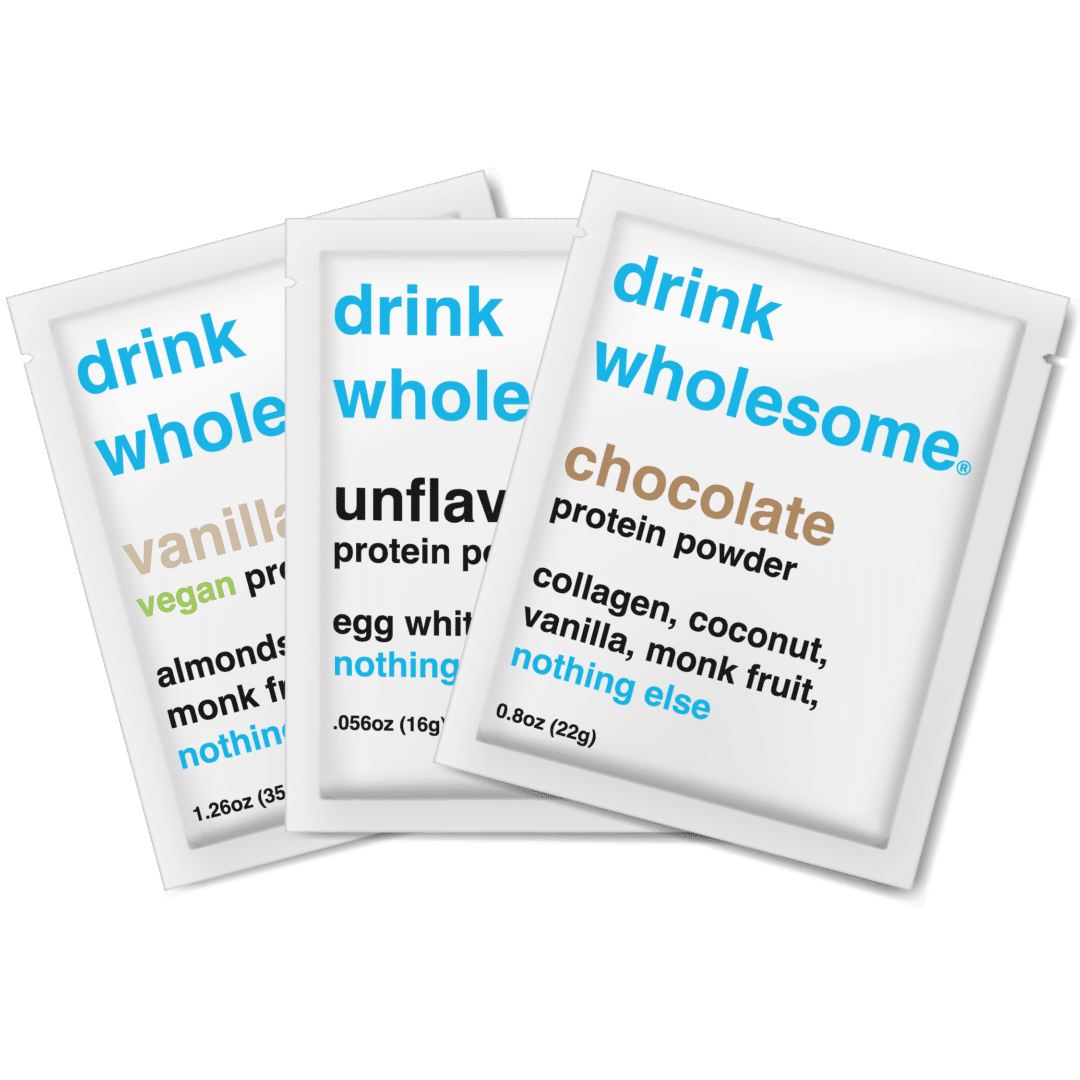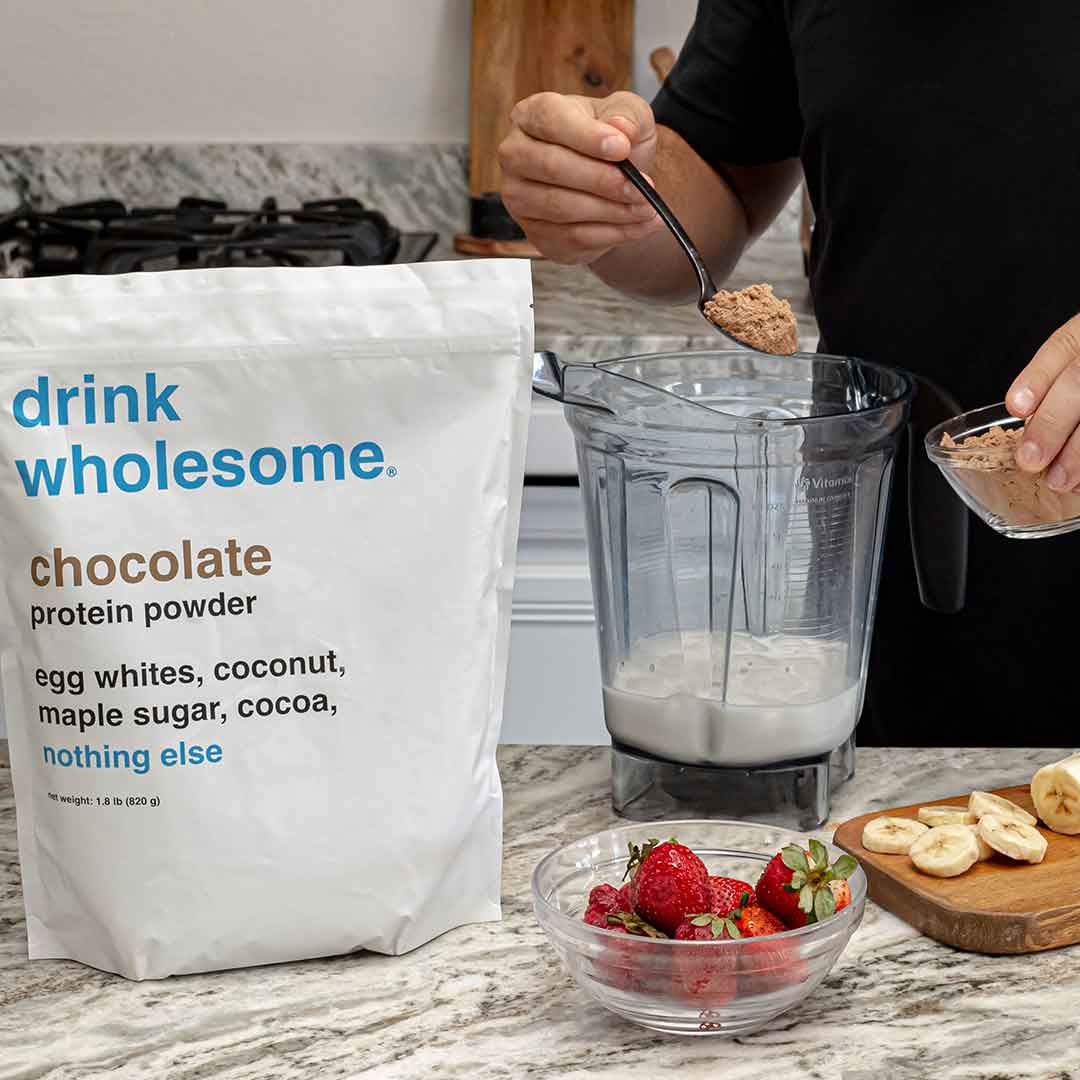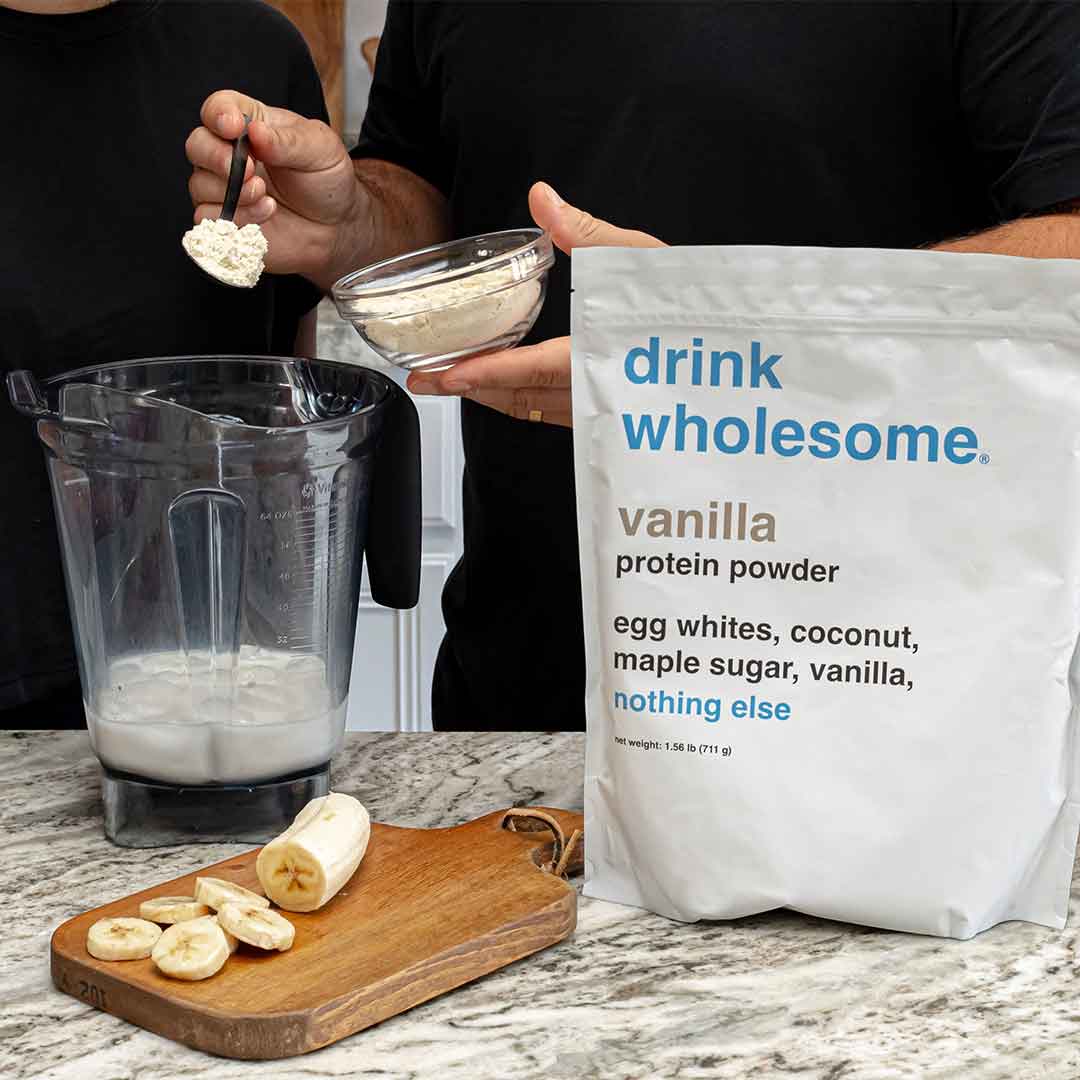drink wholesome is the best protein powder for kidney disease.
Written by Jack Schrupp & endorsed by Baylee Reller, RDN
What is kidney disease?
Kidney disease, also known as renal disease, refers to any condition that impairs kidney function. The kidneys are organs responsible for removing waste and extra water from the blood (as urine), keeping chemicals such as sodium, potassium, and calcium balanced in the body, and making hormones that help control blood pressure and red blood cell production. There are several types of kidney disease, each with different causes, symptoms, and treatments. Some common types include:
1. Chronic Kidney Disease (CKD): This long-term condition is characterized by a progressive decline in kidney function, leading to a buildup of waste products and fluid imbalances in the body. It is often caused by conditions like diabetes and high blood pressure.
2. Acute Kidney Injury (AKI): AKI is characterized by a rapid decline in kidney function, resulting in a sudden accumulation of waste products in the blood and an electrolyte imbalance. It is usually caused by dehydration, severe infection, medication, or decreased blood flow to the kidneys.
3. Polycystic Kidney Disease (PKD): PKD is an inherited progressive condition where fluid-filled cysts develop in the kidneys. It can cause complications like high blood pressure and kidney stones.
4. Glomerulonephritis: Glomerulonephritis refers to inflammation of the glomeruli, tiny filtering units within the kidneys. Glomerulonephritis can be caused by infections, immune system disorders, and other diseases.
Symptoms of kidney disease can vary depending on the underlying cause and the stage of the disease. Some common signs and symptoms include fatigue, decreased urine output, fluid retention, swelling in the legs or face, blood in the urine, high blood pressure, and electrolyte imbalances.
Treatment for kidney disease aims to slow down the progression of the disease, manage symptoms, and prevent complications. Treatment options may include medications, lifestyle changes, dialysis (a process that helps filter blood when the kidneys are unable to do so), and in severe cases, kidney transplantation.
Is protein powder good for kidney disease?
Protein is an important nutrient that plays a crucial role in the overall health of the human body. Moreover, protein malnutrition is common in patients with chronic kidney disease. It is therefore important the CKD patients prioritize meeting their daily protein requirements (more about this later). It is possible to consume too much protein, however, and doing so can lead to kidney damage for some people.
When protein is digested, it is broken down into amino acids, which are used by the body to build and repair muscle tissues. Excess amino acids (those that are not used by the body) are excreted by the kidneys. When you eat a diet high in protein, your kidneys have to work harder to filter out excess amino acids, which can lead to kidney damage over time.
A high protein diet can also increase the levels of urea – a waste product created when protein is broken down – in the blood. Research shows that high levels of urea and other nitrogenous waste products can cause kidney damage and increase the risk for chronic kidney disease in individuals with impaired kidney function. Individuals with kidney disease therefore need to be mindful of how much protein they eat.
People with kidney disease should use protein supplements in moderation. Basically, the only time a protein supplement is needed is when daily protein requirements are not being met. The recommended protein intake for non-dialysis patients is 0.6 to 0.8 grams per kilogram of bodyweight per day with > 50% HBV proteins. HBV stands for high biologic value, and refers to protein sources such as eggs, fish, poultry, meat and dairy. For patients on dialysis, daily protein intake in the range of 1.0-1.2 grams per kilogram of bodyweight is recommended.











